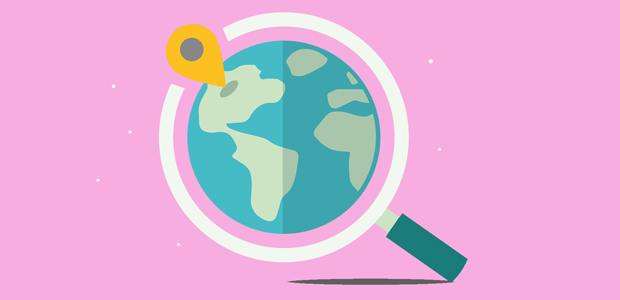
Reflecting on tech and the current COVID-19 landscape
Throughout history there have been several significant events which have led to mass deaths defining the course of civilisation. Among these are World Wars, plagues, pandemics, and epidemics including the black death, flu pandemic of 1889-1890 and more recently Swine flu, Ebola, and our present challenges with COVID-19. They are all examples of major historical outbreaks that have taken lives and steered the course for public health development, social and medical innovations some which still being used today.
I am a believer that different periods in history are woven into our present lives. Each event part of smaller developments that have taken place over time. By and by defining the course of our civilisation shaping our perspectives and normality as we know it.
The discovery of penicillin is a well-known example of how medicinal discovery through historical turning points has informed our understanding of life. More people died through the contraction of bacterial pneumonia during world war one than World War II. The discovery of penicillin saved many lives being the first antibiotic treatment.
Considering the recent pandemic, the question of the new normal has started to be asked and defined by many. As a curious mind myself I have contemplated the social implications than the general discourse on economic impacts.
Technology has already been deemed a significant part of our daily lives long before the pandemic discussions on the influence of technology were high on the agenda in the international community. Nevertheless, the pace by which technology would overnight become a necessity that we need to stay connected particularly through a period of a global pandemic was something much less predicted.
Connecting with family, friends, and colleagues over recent months has required some form of technological engagement. Sometimes this has taken place impromptu, simultaneously replacing our former activities and arranged schedules. An example of this is, many events being switched virtually. We are in most cases seeking to hold on to our normalities through the simple addition of maintaining them through technological devices.
While people may have previously had the autonomy and choice of whether to hold a certain meeting online, we find ourselves shifting to the demands of what we can arguably see as a necessary evil. Our choices are increasingly being limited to more of a mandatory act.
Through no fault of our own many of us have found ourselves having to rely on prescribed ideas of normality in a state of panic and fear without having limited opportunities to rigorously critique and investigate our data. This has in turn provided room for conspiracy theory and ideas which often lack any form of evidence. The 5G conspiracy theory being a major example. Easy access to data and information online has come with its own cost of blended biases.
The utopia of living in a fast connected world with global connectivity, working from home and options has benefits but also downfalls as we may increasingly become aware of.
While many countries around the world and in Europe start to move towards their exit strategy of coronavirus it is safe to say that normal as we know of it will be far from what we had. Social distancing measures for many countries will remain intact to monitor and maintain the further spread of the disease. As seen in countries like China which is currently keeping the disease under control the gradual adjust of people to this new life is one we will all have to make. Hand sanitisers, facemasks and gloves, may for at least the near future become normal parts of our lives.
Changes are occurring rapidly whether we choose to see it or not. If we are slow enough to observe we can be conscious of passive consumption, and mindful of our wellness and mental health, taking sacred pauses to check in on ourselves, seeking genuine connections that allow us to un-mask share in our unique globalised experience of the new normal.

